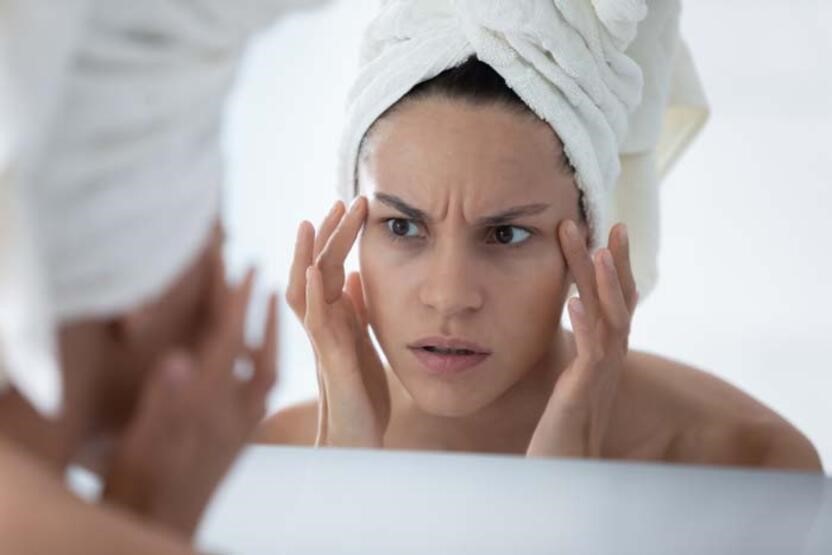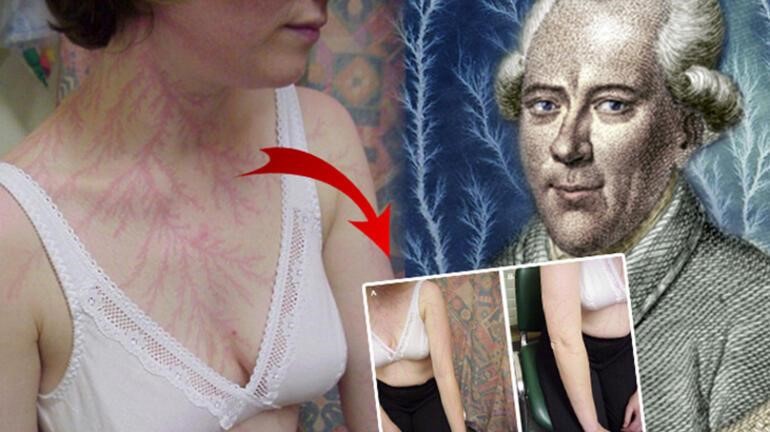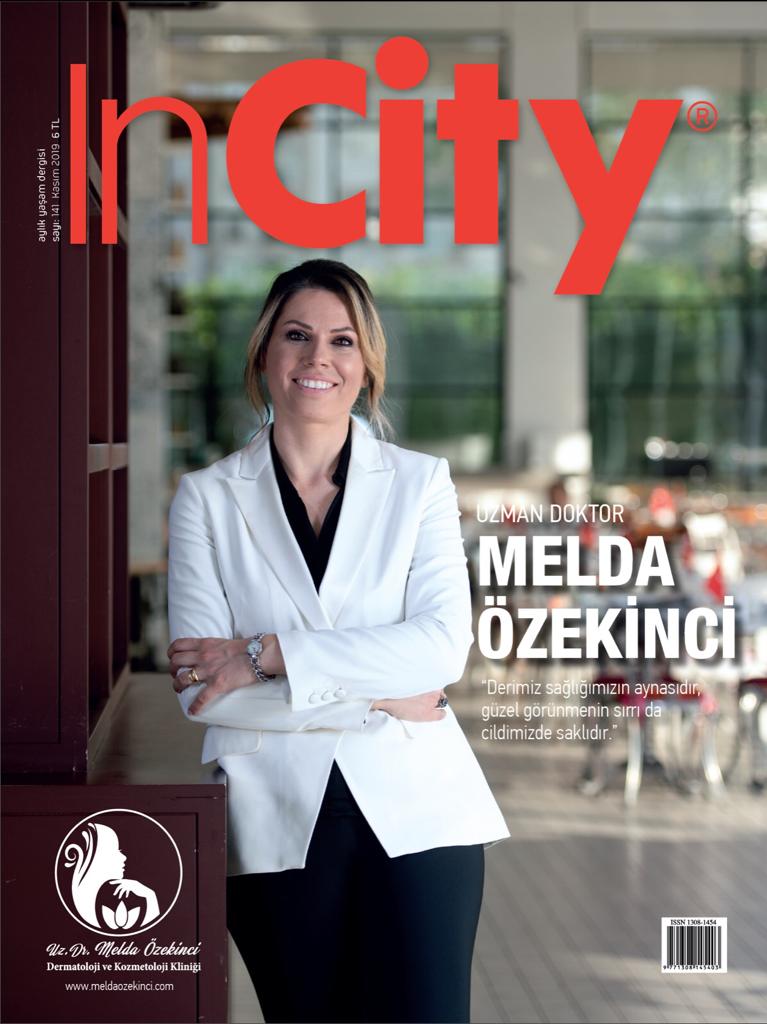
Working hours
- Mon - Fri : 09:00 - 18:00
Sat : 09:00 - 18:00
Sun : Closed
Contact us
- Telephone : 0 (553) 078 86 17
For international patients :
+447413929385 - bilgi@meldaozekinci.com
Stay in touch
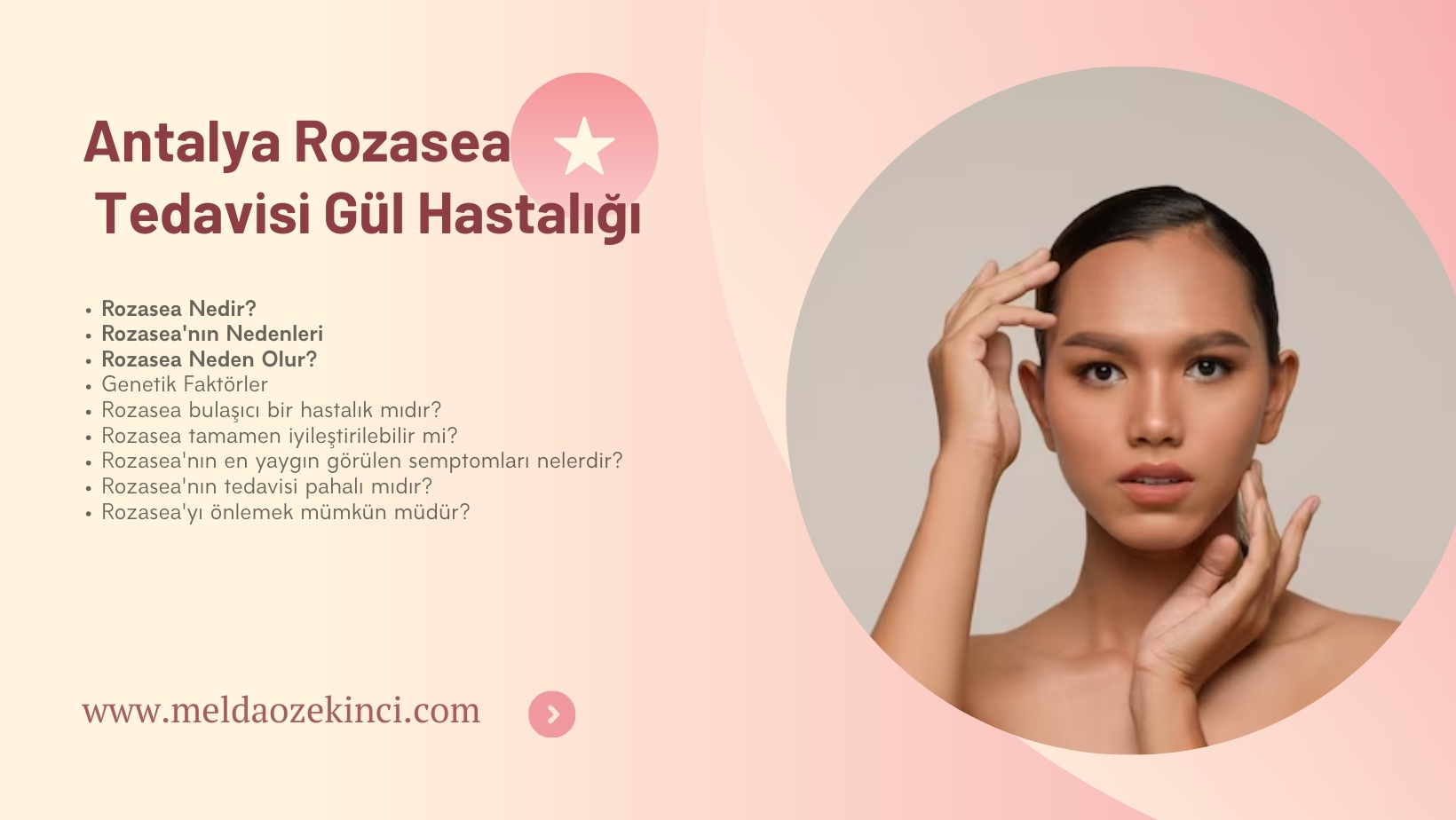
What Is Rosacea? Basic Information About Rosacea - The "Rose Disease"
Introduction
Rosacea, commonly known as the "rose disease," is a chronic skin condition that affects the skin, resulting in redness, swelling, and sometimes acne-like lesions. In this article, we aim to provide detailed information about rosacea, guiding those living with this condition at a dermatologist's level of expertise. We will explore what rosacea is, its causes, symptoms, and effective treatment methods.
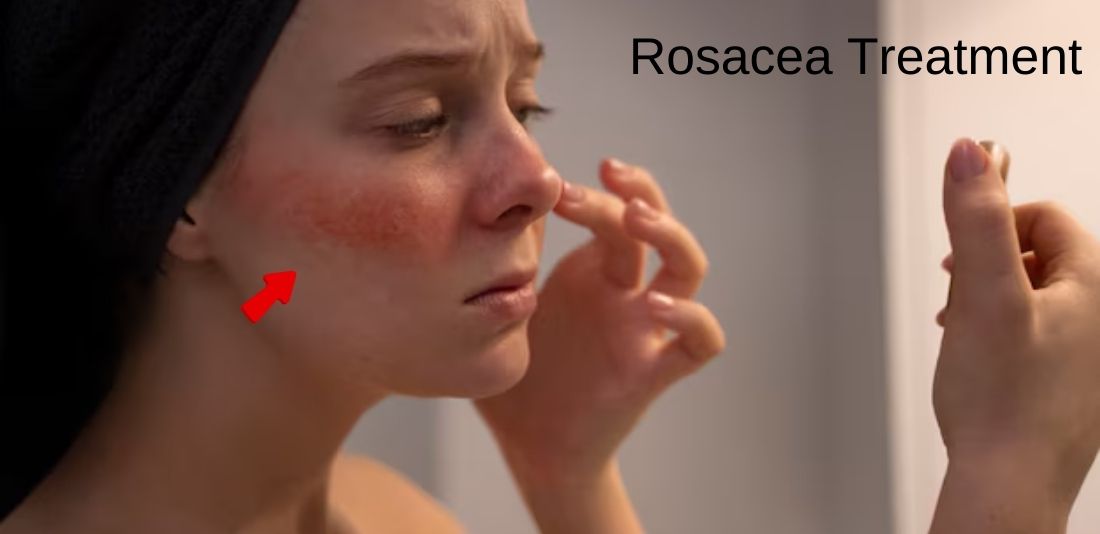
What Is Rosacea?
Rosacea is a skin disorder characterized by the enlargement of blood vessels in the skin and inflammation. This condition typically affects the central part of the face, including the cheeks, nose, forehead, and chin. Common symptoms of rosacea include persistent redness, visible blood vessels, and acne-like bumps on the skin.
Causes of Rosacea
The exact causes of rosacea are not fully understood, but the following factors are believed to trigger this condition:
Genetic Factors
A family history of rosacea may increase the risk of developing the condition. Individuals with a family history of rosacea are more likely to be at risk.
Skin Care
Skin care products and treatments can lead to skin irritation, especially for those with sensitive skin. People with sensitive skin should choose their skincare products carefully.
Environmental Factors
Cold weather, wind, sunlight, and extreme temperature changes can exacerbate rosacea symptoms.
Food and Beverages
Alcohol, hot beverages, spicy foods, and hot meals can trigger rosacea symptoms in some individuals.
Treatment for Rosacea
The treatment of rosacea aims to alleviate and manage its symptoms. Dermatologists create individualized treatment plans for each patient. Treatment options may include:
Topical Medications
Dermatologists may prescribe topical medications to reduce redness and inflammation.
Oral Antibiotics
Doctors may recommend oral antibiotics to treat acne-like lesions and reduce inflammation.
Laser Therapies
Laser therapy can be used to narrow blood vessels or improve skin color.
Conclusion
Rosacea is a skin condition characterized by redness and other symptoms. It is important to seek help from a dermatologist to alleviate and control its symptoms. Adapting your skincare routine to accommodate sensitivity can also be helpful. Consult a specialist to learn more about rosacea and how to manage its symptoms.
Frequently Asked Questions
-
Is rosacea a contagious disease? Rosacea is not contagious. It does not spread from one person to another.
-
Can rosacea be completely cured? Unfortunately, rosacea cannot be completely cured, but its symptoms can be controlled and mitigated.
-
What are the most common symptoms of rosacea? The most common symptoms of rosacea include persistent facial redness, visible blood vessels, and acne-like bumps.
-
Is the treatment of rosacea expensive? The cost of treatment options may vary from person to person. Your insurance plan may cover a portion or all of the treatment expenses.
-
Is it possible to prevent rosacea? Rosacea cannot be entirely prevented, but avoiding triggering factors can reduce the severity of symptoms.
 English
English 




